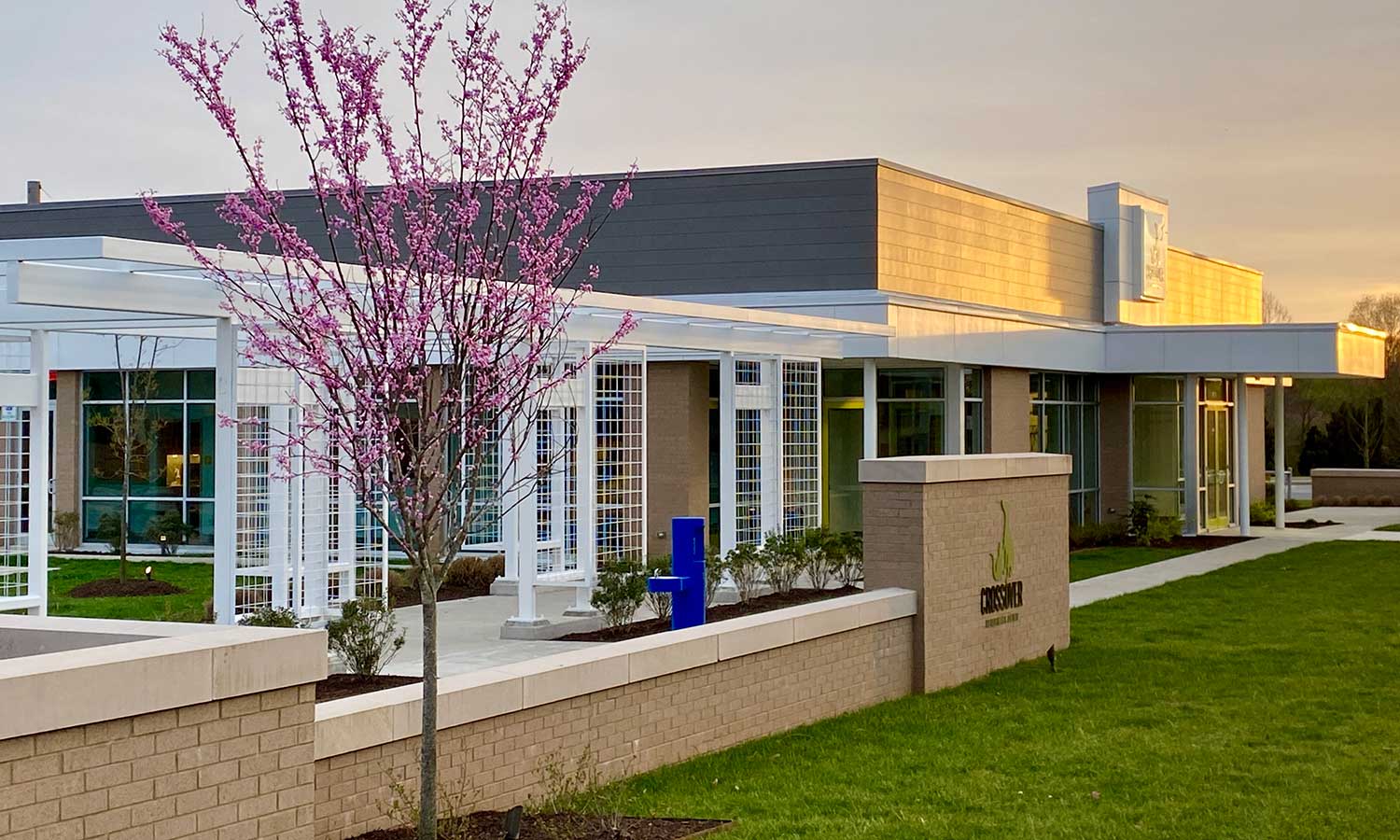Advanced Surgical Care That Prioritizes Your Pet’s Well-Being
At Crossover Veterinary Clinic, we provide a comprehensive range of surgical services with a focus on safety, comfort, and successful outcomes for your pet. Every procedure is performed with the highest standards of care.

Types of Surgeries We Perform
Our surgical expertise covers a wide range of procedures including spays, neuters, bladder surgeries, intestinal surgeries (such as foreign body removal or biopsies), and tumor removals. In cases where the underlying cause of a problem is unclear, we can perform exploratory surgery to investigate and address the issue.
- Spays/Neuters: Routine sterilization procedures to help control the pet population and provide reproductive health benefits.
- Bladder Surgery (Cystotomy): Procedures such as stone removal to address urinary tract issues.
- Intestinal Surgery: Including foreign body removal and biopsies to diagnose chronic gastrointestinal dysfunction.
- General Tumor Removals: Effective removal of various types of tumors to improve your pet’s health.
- Eyelid Mass Removals: Specialized procedures to address growths around the eyes.

Before Your Pet's Surgery
We recommend bloodwork before any surgical procedure to assess your pet's overall health and identify any potential risks. Additionally, we administer pre-medications the night before surgery to help alleviate nausea and anxiety. On the day of surgery, your pet will receive a dose of anxiety medication before the procedure. A thorough pre-surgical exam, including a heart and lung evaluation, is performed to ensure your pet is healthy enough for surgery.
During Your Pet's Surgery
Our state-of-the-art surgical suite is equipped with advanced monitoring equipment to ensure your pet’s safety. During the procedure, our veterinary team will provide comfort, constant monitoring, and support.
- IV Catheter and Monitoring: An IV catheter is placed for fluid administration, and we continuously monitor vital signs, including pulse, temperature, pulse oximetry, and oxygen saturation.
- Dedicated Team: A team of three professionals, including a veterinarian and two technicians, is present throughout the procedure to provide constant care and attention.
- Warming Blanket: To maintain your pet’s body temperature, we use a warming blanket throughout the surgery.

Post-Surgical Care
After the surgery, we provide detailed aftercare instructions and follow-up appointments to ensure your pet’s smooth recovery. Our team at Crossover Veterinary Clinic is always available to answer any questions and provide the support you need during your pet’s healing process.
Tailored Surgical Care for Your Pet’s Comfort
From consultation to post-operative care, we strive to create a calm and reassuring environment for your pet during their surgical experience. Our team is dedicated to providing compassionate care and keeping you informed throughout the process.
If your pet requires surgery, we encourage you to schedule a consultation. We'll discuss the procedure in detail, answer any questions you may have, and develop a personalized care plan for your pet's recovery.

